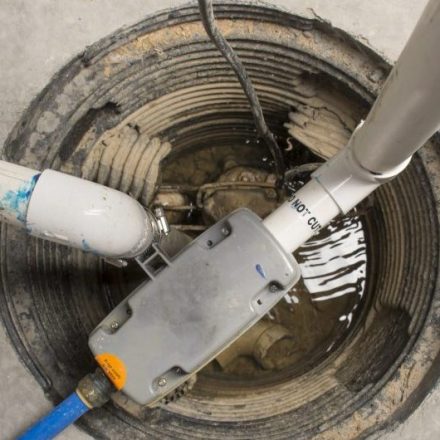
What are Compliances and Best Practices for Construction Accounting?
In the world of competition, every field player wants to stay ahead of the game. If you are in the construction industry, then you have to be transparent with all your records and remain intact in the market as it involves various types of projects at one time. There are different financial interactions in this industry that require robust accounting standards to protect the finances of the company.
There are various compliances that the construction industry has to make to stay transparent with the government authorities, and there are certain best practices to ensure such compliance. So, in this article, we will discuss some of the essential points to understand these compliances and best practices in Minneapolis. If you want to know more about compliance and other details, in that case, you can consult any of the bookkeeping services in Minneapolis, MN, where you can get professional guidance on how to adhere to various compliances.
What are the Compliances that a Construction Company has to Follow?
Construction accounting operates within a specialized framework because of the unique nature of the industry. Thus, compliance with accounting standards such as Generally Accepted Accounting Principles (GAAP) and other standards ensures that there is no legal action against the firm. So, some of the critical compliance for the company are as follows:
- Revenue recognition: Construction firms have to recognize revenue based on the percentage of completion or completed contract method. In this method, the revenue is recognized after the completion of the project, so companies must ensure that they follow this method for efficient revenue recognition.
- Cost control: Proper cost allocation is very important in construction accounting to track projects efficiently. This includes the costs of materials, labor, and all the other indirect costs, such as equipment and overhead costs. So, you have to maintain a detailed record of all these costs for accurate financial statements.
- Work in progress (WIP) reporting: Construction companies take a long time to complete a single project, and this includes various accounting periods. So, in this case, WIP reporting will help track project profitability. WIP schedules will outline costs incurred, revenues recognized, and the overall profitability of the project.
What are the Best Practices in Construction Accounting?
- It would help if you utilized construction-specific accounting software that will improve your efficiency and accuracy in financial reporting.
- You can establish internal controls and procedures to prevent fraud, errors, and mismanagement of funds.
- It is essential to keep yourself updated with all the accounting standards and regulations. Therefore, you must provide training and education to the staff members to ensure that they are equipped with the necessary skills and knowledge about accounting.
- You can also engage professional expertise to help you in large-scale project management.
So, these are certain compliances and best practices that a construction company can undertake for effective financial management.




